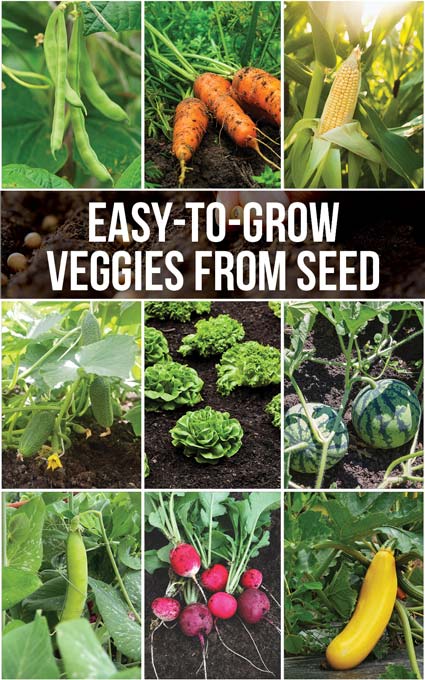How it Works: Preen Garden Weed Preventers
Here's how our Garden Weed Preventers prevent weeds before they even sprout rather than killing them after they’ve already had the chance to grow.
There are some vegetable seeds that seem to grow so easily, they bring instant joy. These seeds are sown directly in the soil as it starts to warm up each spring -- such as peas, radishes, spinach, lettuces, and other greens. Because the seeds grow rather quickly, you can begin harvesting within just a few weeks. As the season progresses, more vegetable seeds can be sown for another round of the same veggie or something altogether different.
The seed package is generally the best place for instructions on how to get started. It should tell you when and where to plant, how deep and how far apart to sow the seeds, estimated time until harvest and harvesting tips.
Water newly sown seeds, usually daily, to make sure the soil stays moist, but not wet. The moisture, sun, and warmth of the soil are all that’s needed to get seeds to germinate. Thinning plants once they’ve germinated is another important step to get the strongest plants to really take off and develop.
It’s important to keep weeds under control because they will crowd out the veggies and rob them of nutrients needed to grow, such as moisture. If you’ve ruled out hand-weeding as an option before you consider applying any form of weed control be sure it’s safe to use with edibles. A great option is applying Preen Natural Vegetable Garden Weed Preventer. It can be used once seedlings are 3 inches tall. This 100 percent natural, corn-gluten product prevents the seeds of foxtail, lambs quarters, clover, and many other weeds from sprouting for up to four weeks. Lightly integrate the natural weed preventer into the soil, then water the area. Always read the complete product label and follow the USE directions.
When to sow vegetable seeds varies throughout the country. For specific information about your area, contact your local cooperative extension office. Many of these offices have their how-to resources online, too. Search for cooperative extension and your state.
